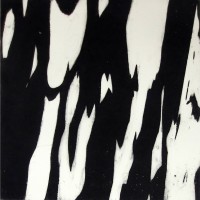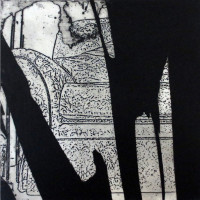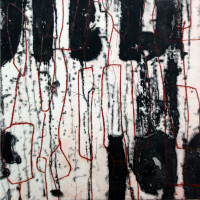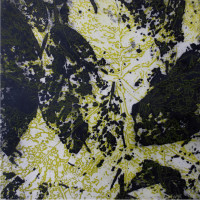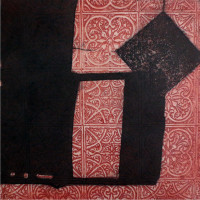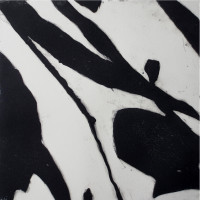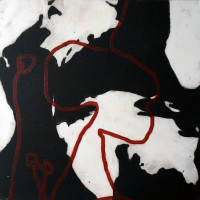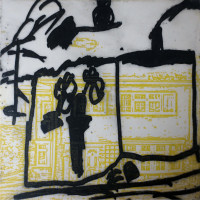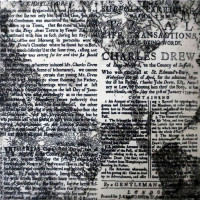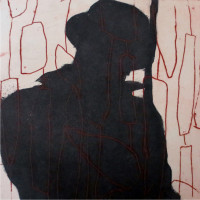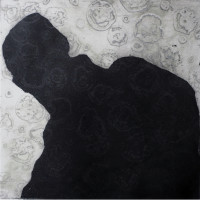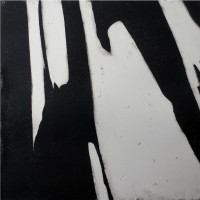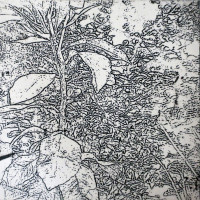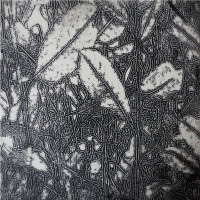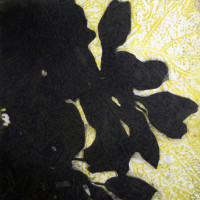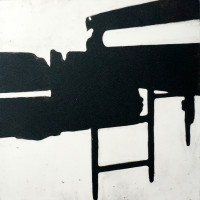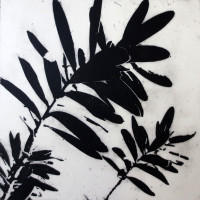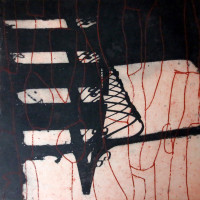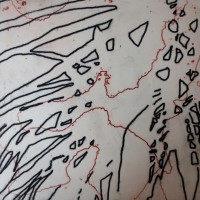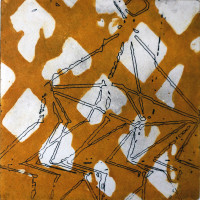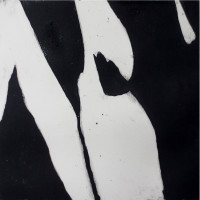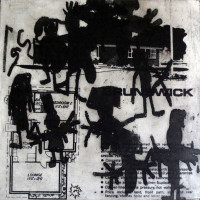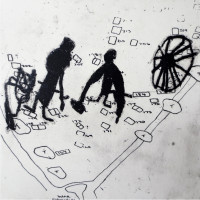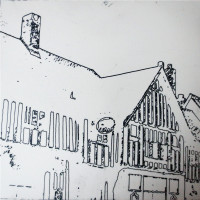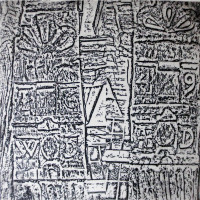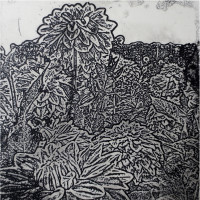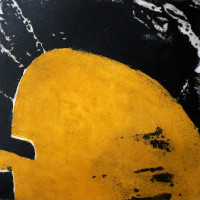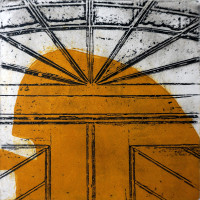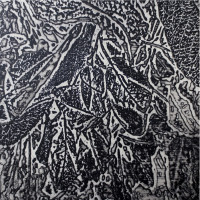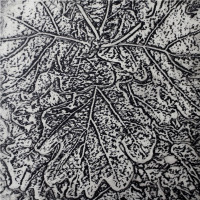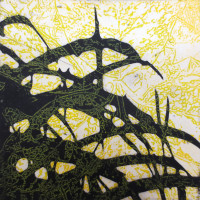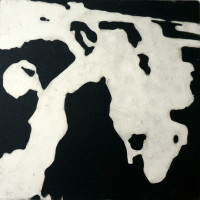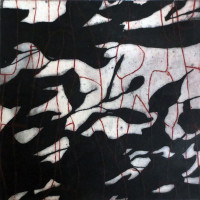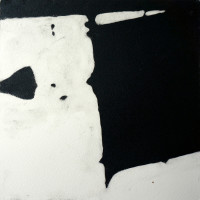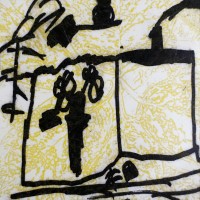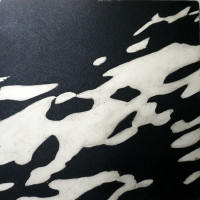 Taken from a quote by Horace, ‘Pulvis et umbra sumus’ (we are but dust and shadow) Umbra Sumus is an ongoing project containing photopolymer and acrylic resist etchings, all 200 x 200mm and video.
Taken from a quote by Horace, ‘Pulvis et umbra sumus’ (we are but dust and shadow) Umbra Sumus is an ongoing project containing photopolymer and acrylic resist etchings, all 200 x 200mm and video.
Umbra Sumus 2015 from Mark Graver on Vimeo.
The series began partly as a response to the death, in January 2011, of my father, and has evolved to become more a reflection on personal history and the wider human condition.
The use of shadow alludes to the movement of light, the passing of time and, ultimately, to mortality. Still images are used for the etchings while the video works allow for an actual temporal experience using the same or similar source material.
Photographs, video and found sound also relate to place, and again reinforces the idea of time. Time fixed, or recorded, in a specific place, reproduced then re-presented through image and video. The shadow source photographs are gathered from different places and countries to emphasise the universal correspondence of shared existence.
The more specific biographical elements contained within the works relate to personal experience of place and memory. The prints ‘Brackendene’,’Long Melford’ and ‘Brunswick’ use drawings made as a five year old child, a collaboration with a younger self, on board the Fairstar returning from our family’s time as ‘Ten Pound Poms’ in Sydney, Australia (Brackendene also contains an image taken from Google Earth of the house where I was born). ‘Last’ and ‘Garston’ relate directly to the last place I saw my father alive and to his last resting place. ‘Salix’ and ‘Yen Ben’ are the trees planted to his memory in St. Albans and in Kerikeri.
‘The Suffolk Parricide’, ‘Long Melford’ and the ‘Bull’ works are in reference to old family tree information and stories from my grandmother gathered in Suffolk in 2012 – the Parricide being a famous murder case of 1739 involving distant relatives, and the Bull a pub owned by the same family relatives in 1649.
Constable Country and Flatford connect to my grandmother as she used to take me to Deadham Vale and East Bergholt in Suffolk to visit the sites of John Constable’s paintings and Gainsborough, similarly, is sourced from Thomas Gainsborough’s house in Sudbury, Suffolk.
Other works relate to specific places such as the Wharepuke series, made from photographs of shadows on the Art at Wharepuke gallery building in Kerikeri, the Stone Store in Kerikeri, Ibis, a hotel interior in Auckland and St. Albans landmarks Abbey and Ye Olde Fighting Cocks, one of many pubs claiming to be the oldest in England.

